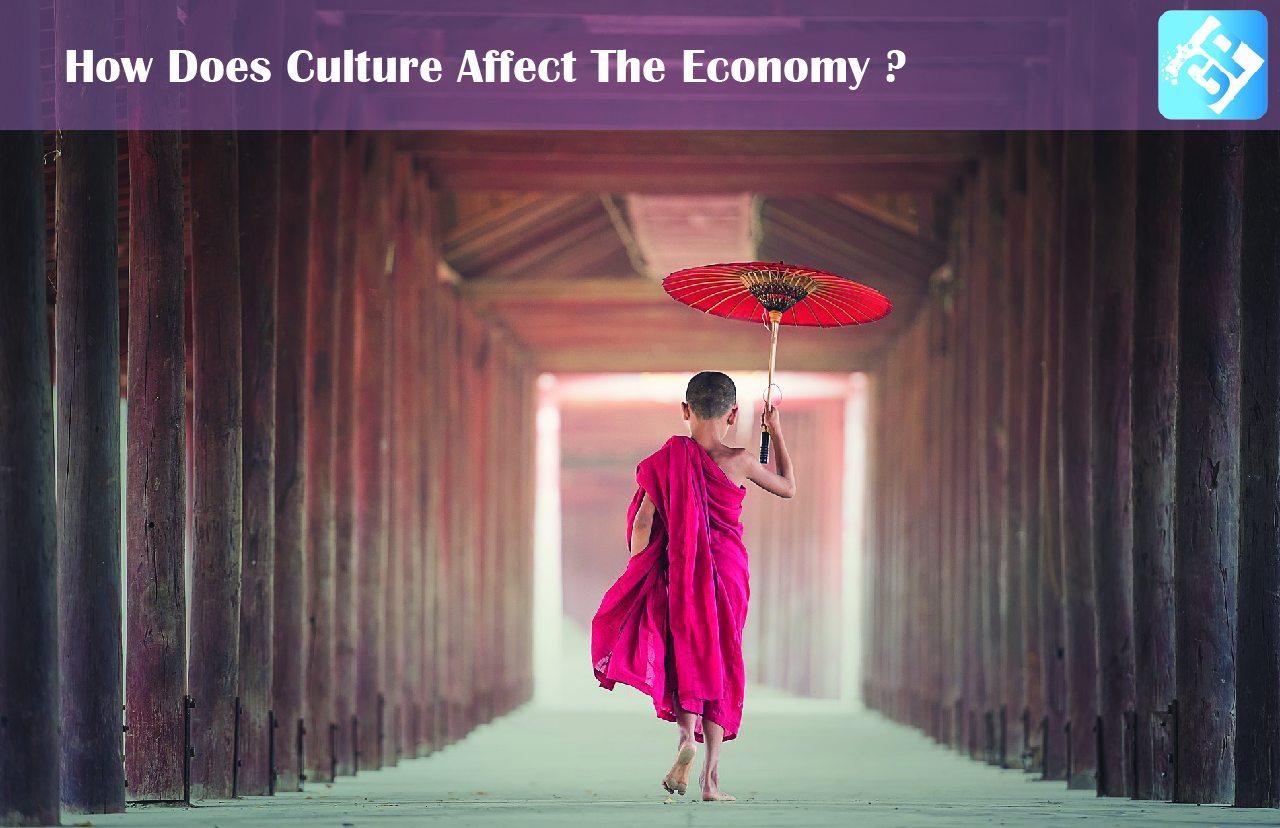
How does culture affect the economy?
Culture and the economy are two seemingly unrelated topics, so how then does culture have such a strong impact on the economy? Let’s take a look at this new perspective at our online GP resources.
The Commercialisation of Cultures
Modern societies promote the commercialisation of cultures that will bring about large-scale production and consumption of goods and services from the relevant industries. The retainment and preservation of cultures, creates employment opportunities that will benefit the economic development of modern countries. Cultural organisations illustrate this when in cooperation with tourism groups to promote local traditions and festivities which not only support cultural preservation but also also encourage participation and engagement from a wider audience, such as the annual Chingay parade in Singapore.
Desirable values
Cultural influences and adherence to national values are crucial in nurturing resilience. Countries are able to endure economic hardships and crises through shared experiences; a sense of perseverance and determination will be instilled in mindsets of the individual. Thus, increasing productivity and attainment of economic advancement. For example, after Israel started multiple companies, the Jewish people were influenced by their culture to be innovative and resilient, contributing to the phenomenal economic growth in Israel.
Question: How has culture benefited your economy?